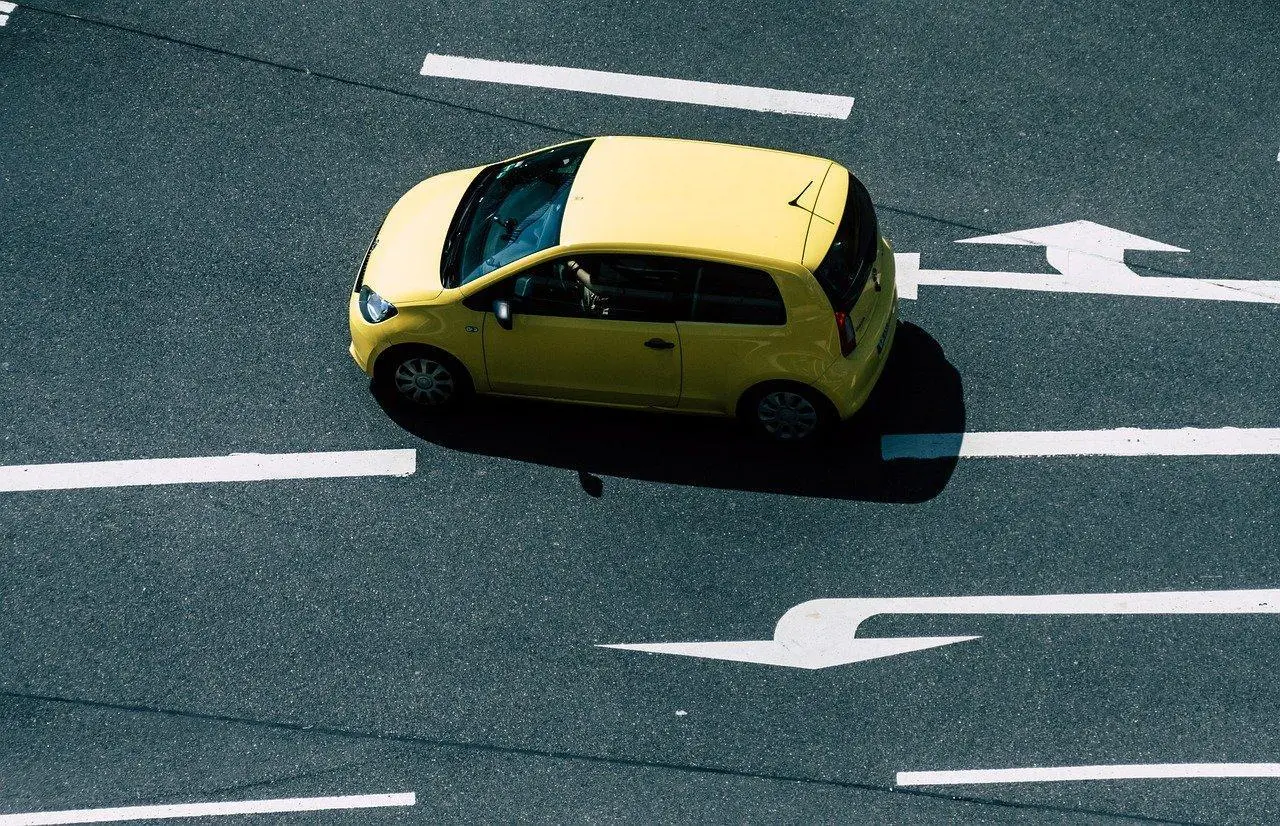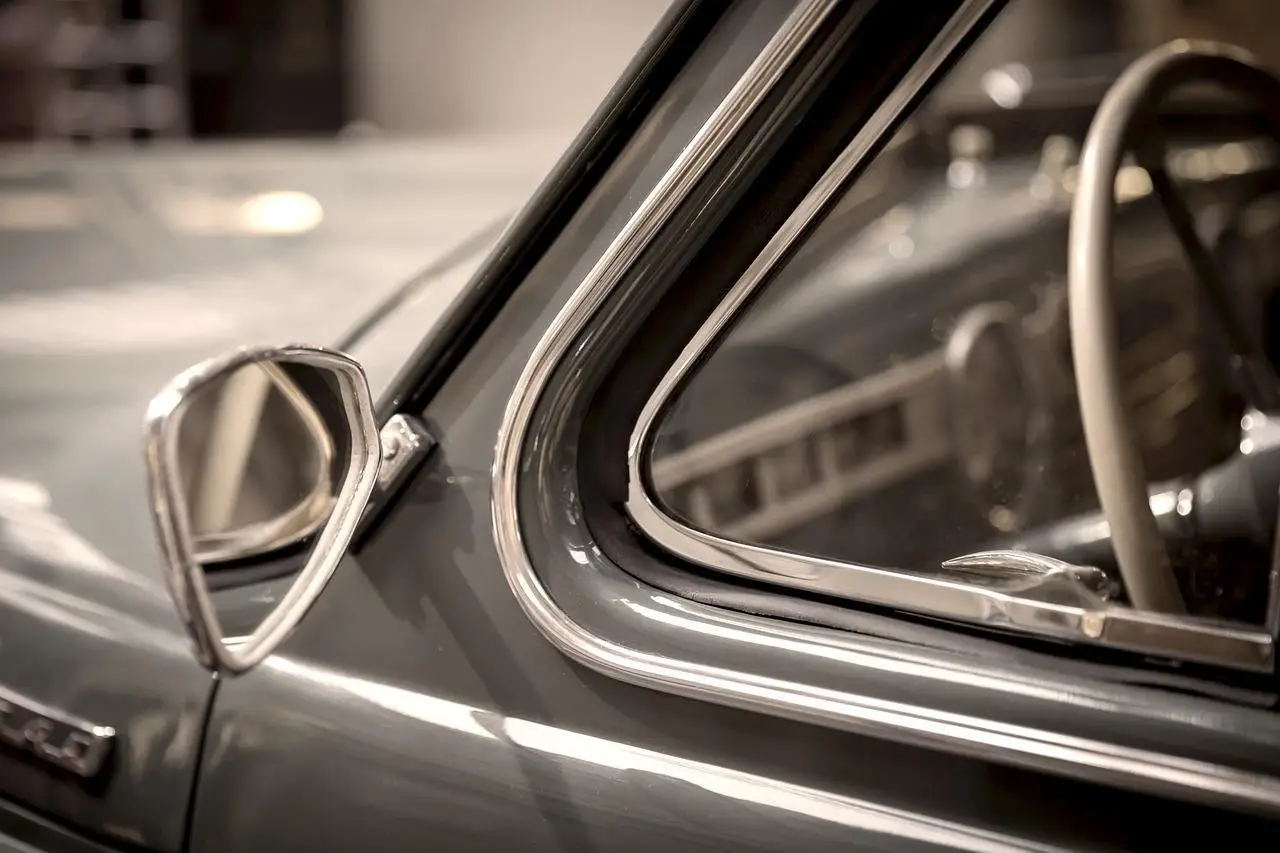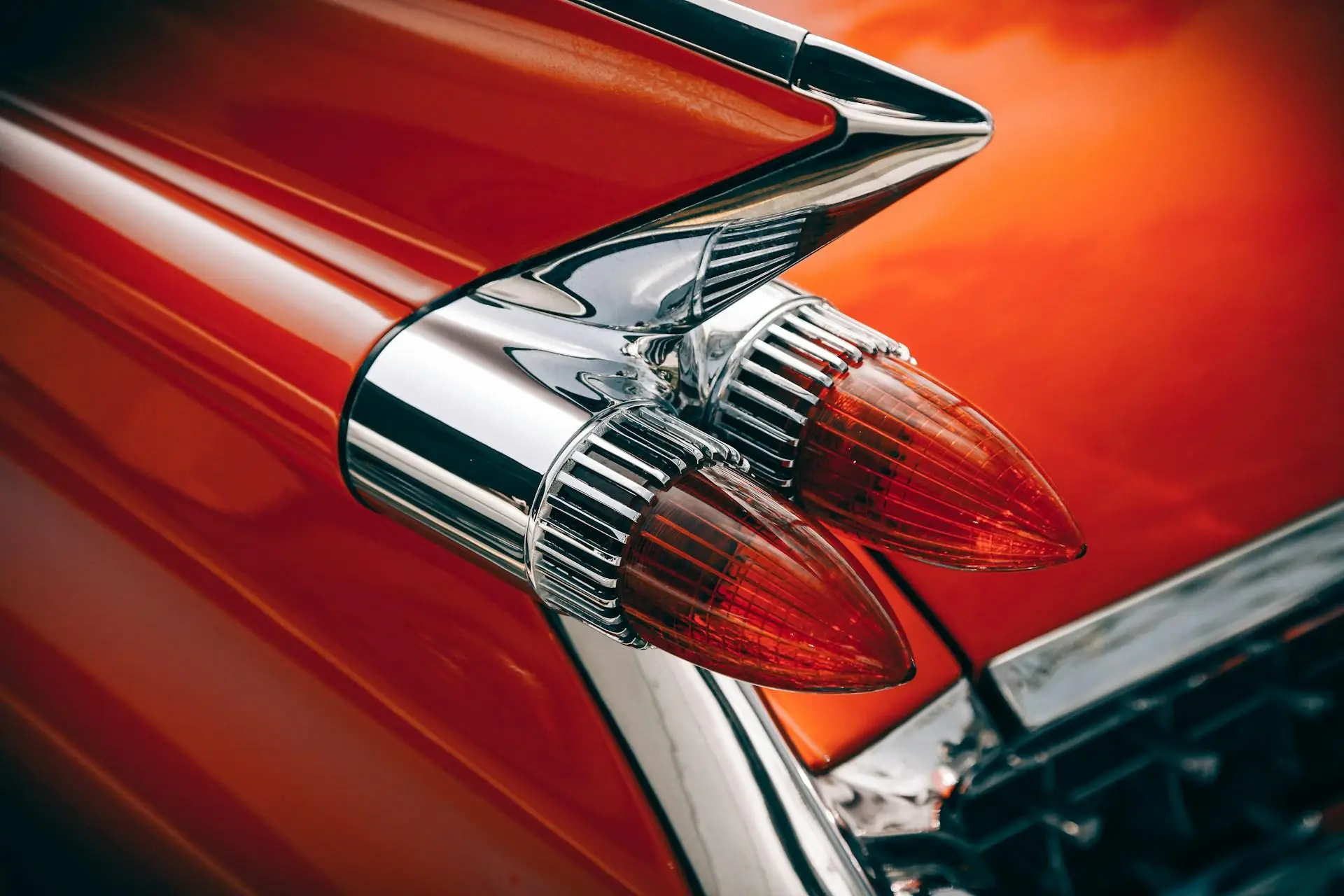Driving has long been associated with a sense of freedom and adventure. The open road beckons with promises of exploration, escape, and the thrill of the unknown. But what exactly makes driving feel like freedom? This article delves into the elements that contribute to this exhilarating experience, exploring the psychological, cultural, and practical aspects that make driving more than just a means of transportation.
The Psychological Liberation of Driving
Driving offers a unique psychological liberation that other forms of transport cannot match. The ability to control one's journey, choosing when and where to go, instills a sense of autonomy and empowerment. Unlike public transport, driving allows individuals to set their own schedules and routes, fostering a profound sense of independence.
The Thrill of Exploration and Discovery
The open road promises endless possibilities for exploration and discovery, which is a significant factor in why driving feels like freedom. With a vehicle, one can venture into new territories, uncover hidden gems, and experience the world from a different perspective. This sense of adventure is deeply ingrained in the human spirit, making driving an exciting and liberating activity.
Cultural Iconography and the Road
Throughout history, driving has been romanticized in literature, film, and music as a symbol of freedom and rebellion. Cultural icons like the American road trip have cemented driving's status as a metaphor for liberation. These cultural narratives reinforce the idea that driving is not just about reaching a destination, but about the journey itself, filled with opportunities for self-discovery and growth.
The Practical Independence of Personal Transport
Owning a vehicle offers practical independence that enhances the feeling of freedom. Unlike relying on public transportation schedules, driving one's own car means having the flexibility to travel at any time. This independence is particularly valuable in areas with limited public transport options, where a car becomes a crucial tool for accessing work, education, and leisure activities.
The Sensory Experience of Driving
Driving engages multiple senses in a way that other forms of travel do not. The tactile feel of the steering wheel, the sound of the engine, and the changing scenery all contribute to a sensory-rich experience. This multisensory engagement can be both soothing and invigorating, enhancing the feeling of freedom as one becomes immersed in the journey.
Driving as a Form of Escape
In today's fast-paced world, driving can serve as a temporary escape from the pressures of daily life. The act of driving, especially on a scenic route, allows individuals to disconnect and find solace in the solitude of the road. This escape can provide a mental reset, offering clarity and peace of mind that contribute to the overall sense of freedom.
The Social Aspect of Road Trips
Driving is not always a solitary activity; it can also be a social experience that enhances the feeling of freedom. Road trips with friends or family create opportunities for bonding and shared adventures. The memories created on these journeys often become cherished stories, reinforcing the notion of driving as a liberating and joyful activity.
The Role of Technology in Enhancing Driving Freedom
Modern technology has further enhanced the freedom associated with driving. GPS systems, mobile apps, and advanced vehicle features make planning and executing a road trip easier and more efficient. These technological advancements allow drivers to explore new destinations with confidence, knowing they have tools to assist them along the way.
Environmental Considerations and Driving Freedom
While driving offers freedom, it's essential to consider the environmental impact. Eco-friendly vehicles, such as electric cars, provide a way to enjoy the freedom of driving while minimizing environmental harm. Choosing sustainable transportation options ensures that future generations can also experience the joys of the open road.
Embracing the Legacy of Driving
Driving has been a part of human culture for over a century, and its association with freedom continues to evolve. As society progresses, the legacy of driving as a symbol of freedom will likely adapt to new technologies and cultural shifts. By embracing changes like autonomous vehicles and sustainable transportation, the essence of driving freedom can be preserved for future generations.
In conclusion, the feeling of freedom that driving provides is a multifaceted experience, rooted in psychological, cultural, and practical factors. Whether it's the thrill of exploration, the independence of personal transport, or the sensory engagement of the journey, driving offers a unique sense of liberation that continues to captivate the human spirit.











